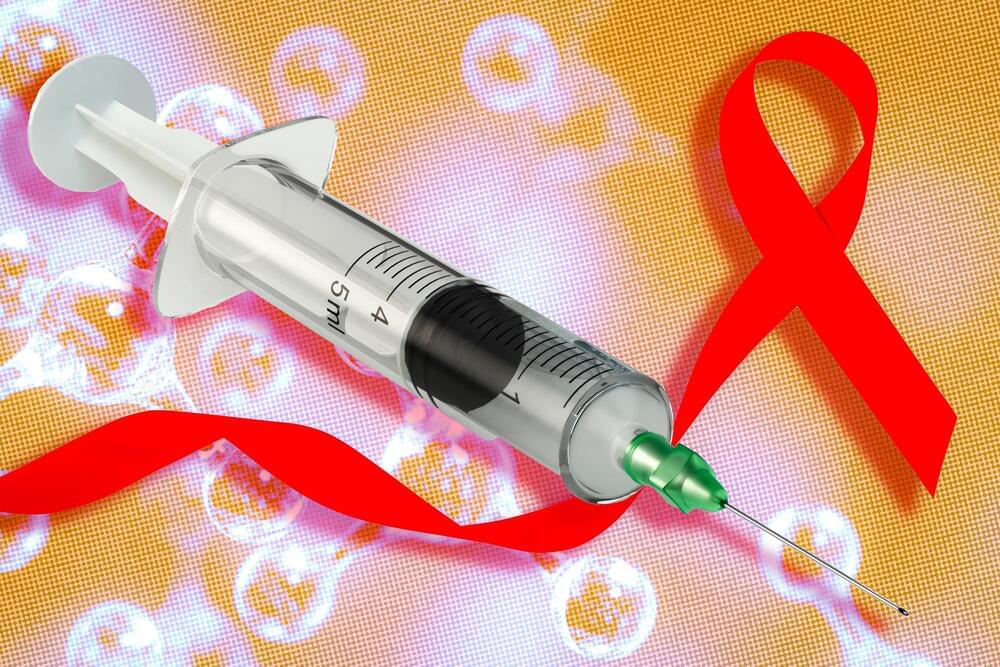This is the same type of double double DOUBLE down on hyperbolic and aggressive anti expert BS that has pushed a not insignificant portion of the population of the US to throw a violent tantrum against covid19 vaccines and wearing a piece of cloth on their face to keep from DYING. Similarly, ultra environmentalists on the far left have ceased to try to protect the environment FOR future generations. Now they want to protect the environment FROM future generations. They’ve become ANTIHUMAN, often to a disturbingly horrific — if hilariously stupid — extent. LITERALLY. Unless you think we shouldn’t build anything on the sterile, irradiated and dead surface of the moon by polluting it — or any other moon, asteroid, or planet by stepping on it’s surface with our filthy monkey feet. Or throwing trash into the SUN because we’d be…
👉😏🙄POLLUTING IT!🙄🤪👈
There is a reason why experts are experts. It isn’t because they want to eat children on pizza with Hillary Clinton with space lizards, nor because they want an irradiated earth beneath their feet. Nuclear power is clean, cheap, and safe. Until fusion gets here, and with electric vehicles quickly becoming the dominant mode of transportation every minute that ticks by, nuclear power isn’t just preferential, its absolutely REQUIRED if we want to get a handle on global warming while simultaneously maintain or improve the standard and quality of life we are accustomed to, and that developing nations will, already are, and SHOULD be seeking for themselves too. Building nuclear power into the foundation of a developing nations energy generation and distribution infrastructure from day one will PREVENT all the massive amount of damage that will inevitably exponentially accelerate global warming and pollution, lowering the quality of life in that nation which will in turn prompt even GREATER use of fossil fuels to mitigate temporarily. Heat caused by fossil fuel powered global warming is dealt with symptomatically by turning up the air-conditioning. Dangerous spikes in particulates and pollution in the air is symptomatically dealt with by using high energy consuming industrial or home air filtration systems, etc. If all that energy comes from coal or other fossil fuels, that lovely tesla you’ve got plugged in to charge in your garage overnight is doing just as much damage to the environment as that douchebag down the street with his fire eagle painted hummer filling up on gasoline before he goes to a kid Rock show that he’s actually LOOKING FORWARD TO!
《☆This isn’t breaking news exactly, but still relevant. I apologize in advance for its, uh, occasional rantishness and length! 😉☆》
Helen Caldicott is the world’s most prominent anti-nuclear activist. Helen has been featured on CNN, 60 Minutes, CBC and Democracy Now speaking about the dangers of nuclear power and radiation.




